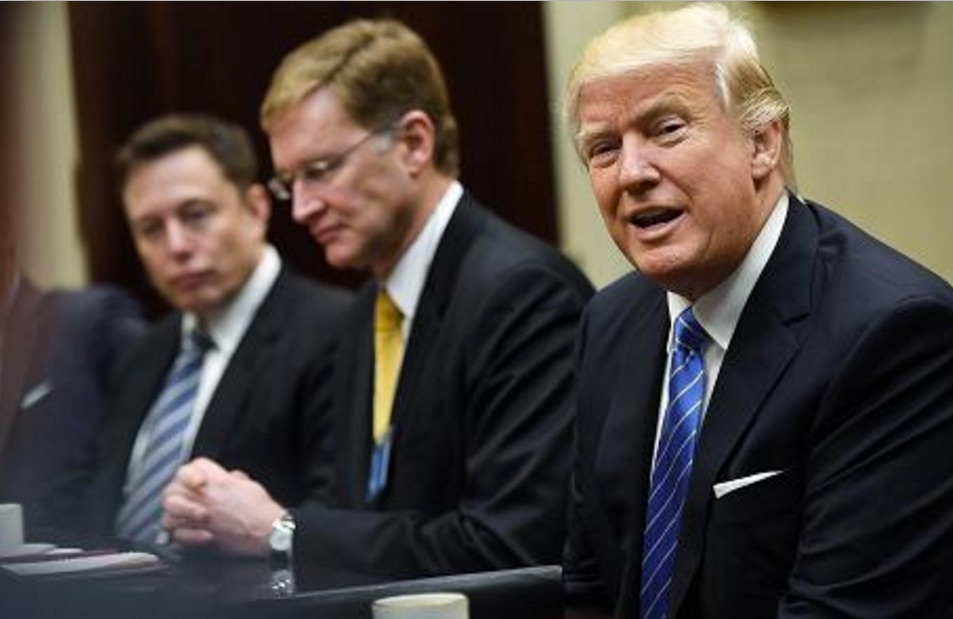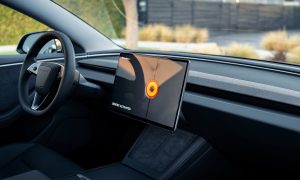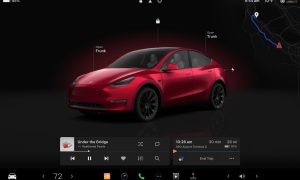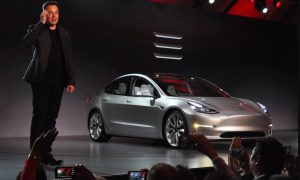Morgan Stanley analyst Adam Jonas released a new research note clarifying why he raised the target price for Tesla Motors (TSLA) to $305 per share. Jonas warns investors who have equated Elon Musk’s new relationship with Donald Trump with a higher stock price. “There is no way to quantify the value (if any) of Tesla management’s advisory relationship with the new administration,” Jonas said.
Instead, Jonas emphasized the congruence between Trump’s desire for American workers to build products in American factories and Tesla’s business model which does both. Tesla is a leader in the automotive segment in both categories. “When you look at the businesses Tesla is in, you see many areas of overlapping interest” with the Trump administration, Adam Jonas told New York Times correspondent James Stewart on Friday. “To the extent the new administration prioritizes the creation of valuable, innovative high tech and manufacturing jobs, Tesla stands at the epicenter of that.”
In fact, the auto industry manufactures relatively few cars that can be truly called “US Made.” According to a chart compiled by Cars.com last year, the number of models of light duty vehicles that qualify for that label has fallen precipitously in recent years from nearly 30 in 2010 to only 8 in 2016.
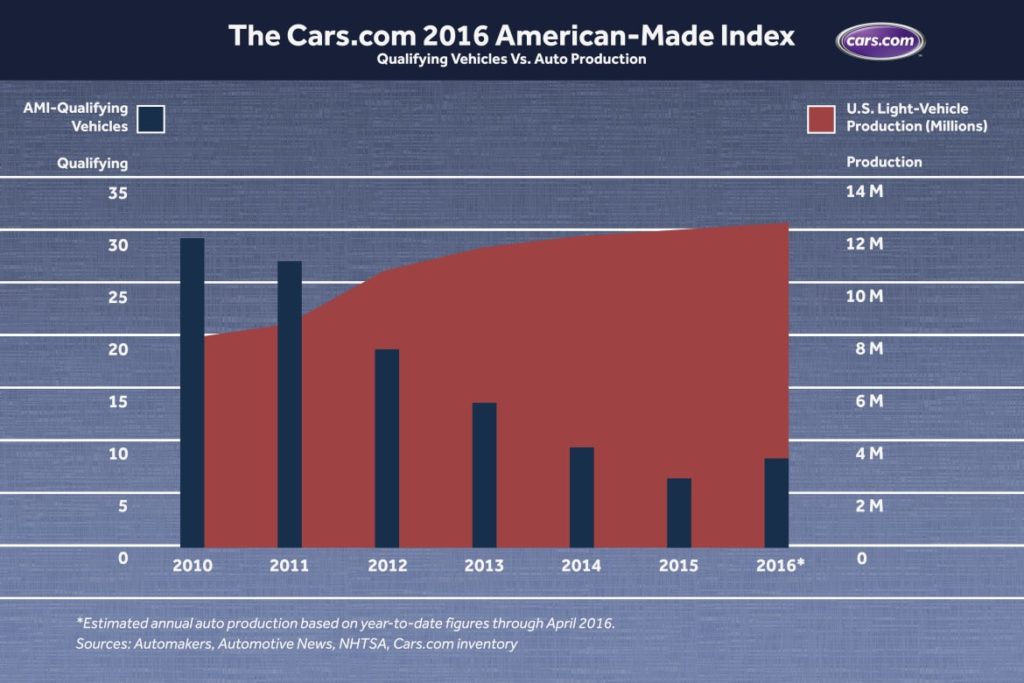
Another analyst weighing on the Musk-Trump connection is Andrew Hughes, an alternative energy analyst for Credit Suisse. Hughes said solar investors “aren’t nearly as negative as they were the day after the election.” In part, that is because solar power — which up until now has needed significant federal incentives to survive — has become so inexpensive, particularly with regard to coal, that many industry observers think it will survive on its own even if those incentives are eliminated by the Trump administration.
Despite Donald Trump’s antipathy to renewable energy, business is all about the bottom line. If solar costs less than coal, then business is going to switch to solar no matter what the president has to say. Elon Musk is also heavily involved in re-imagining the role of the electrical grid. He sees battery storage as the key to making the grid compatible with renewables like solar and wind.
Musk has gone head-to-head with utility companies, including NV Energy, which is owned by Warren Buffett’s Berkshire Hathaway company. In 2016, Musk and SolarCity lost a round when the Nevada PUC enacted new rules imposing monthly assessments on people with rooftop solar systems. In return, SolarCity terminated its operations in the state, laying off hundreds of local workers.
Nevertheless, Musk expects both Tesla with its grid scale batteries and SolarCity with its rooftop systems — including the revolutionary Solar Roof — to play an ongoing part in how people get their electricity in the future. Last fall, just prior to unveiling the Solar Roof, Musk said, “The solution is both local power generation and utility power generation — it’s not one or the other”. He went on to suggest that the proper mix would be about one third residential rooftop power and two thirds power from traditional utility companies.
The US Energy Department stated in its annual energy and jobs report issues earlier this month that “solar technologies, both photovoltaic and concentrated, employ almost 374,000 workers, or 43 percent of the electric power generation work force.” Compare that to the number of workers employed to make electricity from coal. That number is just 86,000 workers. “The jobs data is a compelling argument in favor of the tax credits,” Andrew Hughes said. “I want to believe that Trump won’t kill solar, but there’s still a lot of uncertainty. The big question: Will he take away the tax credits?”
Musk received plenty of blowback when he decided to endorse former CEO of ExxonMobil Rex Tillerson for the position of Secretary of State. That makes him the public face of the fossil fuel industries and theoretically a natural adversary for Musk and his commitment to zero emissions energy. But Elon thinks Tillerson can temper some of the president’s more outrageous plans to extract every last molecule of fossil fuel that can be found on the planet.
Tillerson also advocates for a carbon tax, an idea that Musk strongly supports. According to reports, Musk floated the carbon tax idea at last week’s meeting of business advisors to the president. While Donald Trump did not dismiss the idea out of hand, Musk found little to no support from others in the room.
Trump likes to think big and take bold actions. So does Elon Musk. In some ways, it’s easy to see why the two men might take a liking to each other. Trump is especially interested in space exploration, something that fits perfectly with Musk’s passion for establishing a human colony on Mars.
Job creation in America for American workers, rebooting the traditional utility grid to use modern technology, sending people off to live on other planets. These are all things that interest both men. But cozying up to Trump also exposes Musk to dissatisfaction with some of the president’s less popular plans, like building walls with neighboring countries, sending federal troops into American cities, and banning immigration by people who espouse certain religions. To be successful, Tesla will need a broad base of customers. Musk has been careful to avoid political involvement so far. His association with the new president exposes him to new dangers.
One gets the sense that Musk is willing to accept some of the negatives if he can make progress on his passion for a carbon tax. But if that idea is stymied by Trump and his advisors, Elon’s desire to work with the new administration may cool considerably. Perhaps the most danger comes from the unpredictability and volatility of the new president, who can change course in a heartbeat. Musk will be need to be nimble to avoid getting rolled over by Trump in the future.
The president is scheduled to meet with his council of business leaders today, at which time he says he will provide details about his plant to cut government regulation of business by “75% or more.” That will give Musk yet another chance to evaluate the business acumen of Donald Trump and decide whether his involvement with his plans will pay dividends for him and the companies he leads. As Adam Jonas said in his report, it is impossible to predict how the association between Trump and Musk will benefit either.

